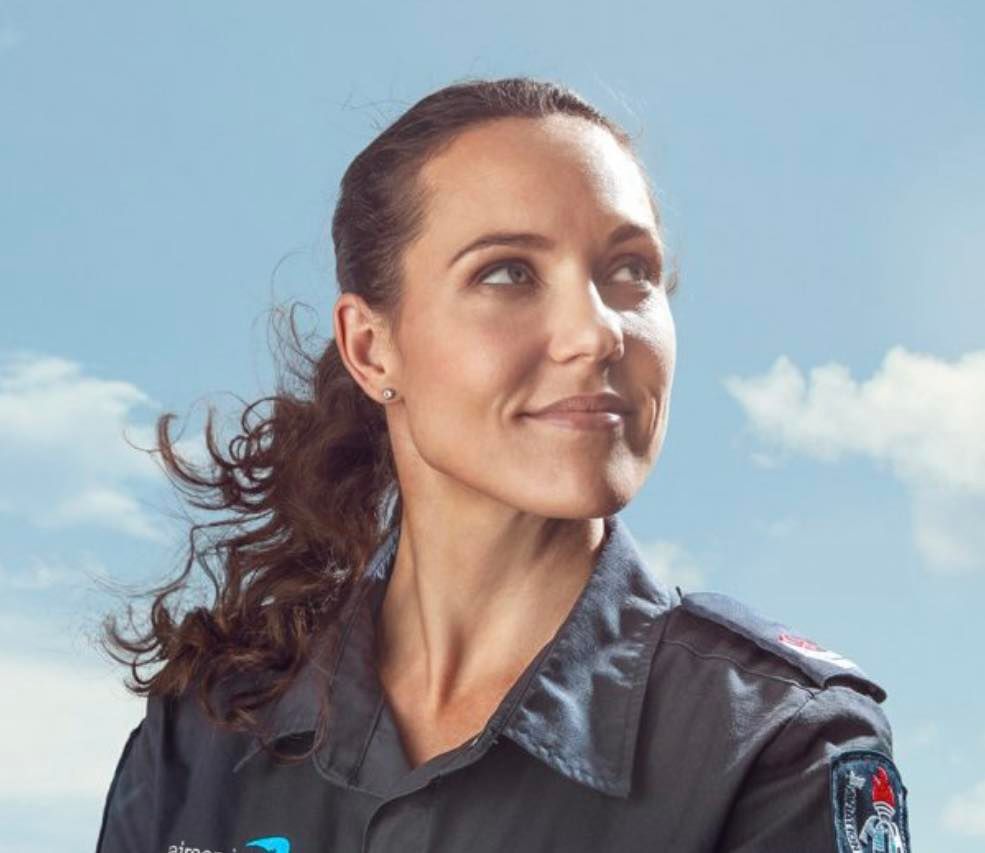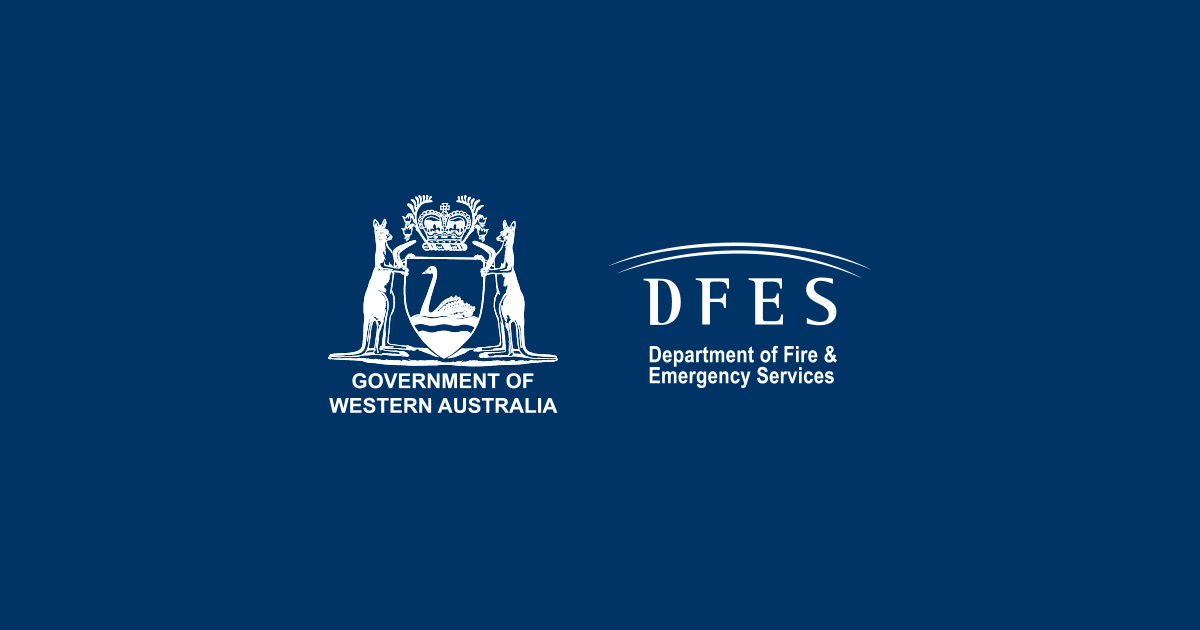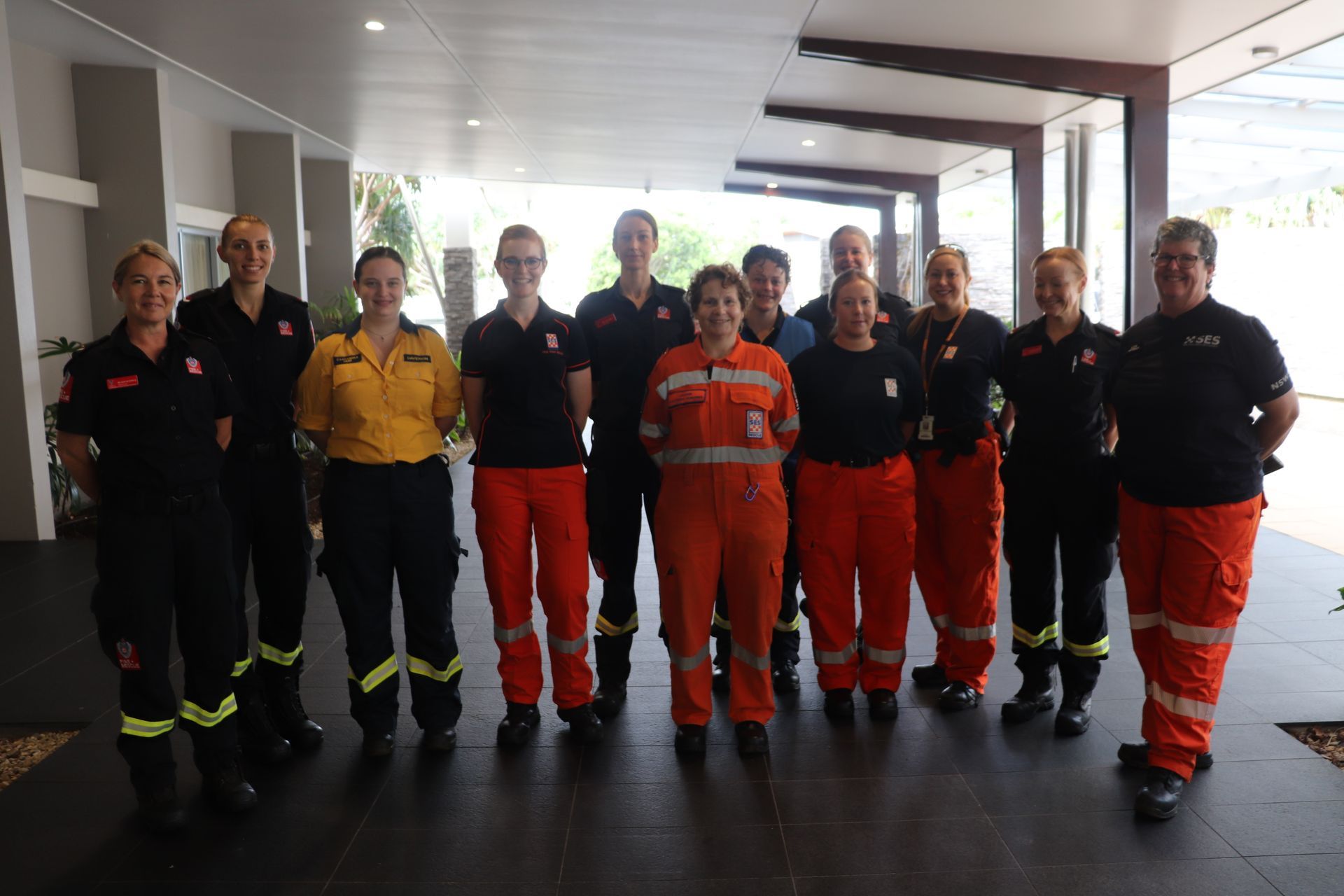November 3, 2022
To the Australian community, our First Responders are heroes who are there for us in our most urgent times of need. The question is do we do enough in return to care for our First Responders and their families? While our First Responders seem superhuman, there is significant evidence that they face a high risk of psychological harm from constant exposure to traumatic events. In the past few years alone, our First Responders have been at the frontline as our nation faced the devastating 2019/2020 Black Summer Bushfires, 2022 Eastern Australia floods and the Covid-19 pandemic spanning several years. Research being conducted at the University of Canberra, is designed to find out how the stresses experienced by First Responders impact at home and how to protect the mental wellness of their children. Children of First Responders experience firsthand the effects of trauma on their parent or caregiver. With delays in parents and caregivers being able to access appropriate treatment services or programs, particularly in regional and remote areas, children are being exposed to increased levels of stress often for long periods, at a time in their lives when their cognitive development is crucial. In the first five years of life, the developing brain is most vulnerable to the negative effects of chronic stress. Young children who experience long term exposure to stressful environments are themselves at a higher risk of developing mental health conditions, including depression and anxiety, and at a much younger age. We see the impacts in their cognitive development, social relations, and academic achievement. Exercise has been shown to be an effective intervention for preventing and managing mental health conditions in adolescents and adults but there is currently little evidence on the benefit of exercise on mental health in young children. The benefits of exercise are widely known, and include a reduction of risk factors for cardiometabolic disease, specifically, elevated body mass index, blood pressure and blood glucose and insulin, as well as enhancing mood, concentration and general feelings of wellbeing. The University of Canberra is looking to demonstrate the benefits of exercise in young people, and explore the relationship between emotion and behaviour of the children and parents or caregivers from First Responder families. University of Canberra researchers are offering a free exercise programme to children between the ages of four and nine from First Responder households (in the ACT and surrounding areas) during school terms in 2022 and 2023. The research aims to contribute to improving our understanding of the benefits of exercise in young children particularly those children that may be exposed to higher levels of stress at a younger age. For more information or to sign up, go to www.healthmoodstudy.org or email rachel.venn@canberra.edu.au . Help us learn more about how we can look after the families of those who look after us.









